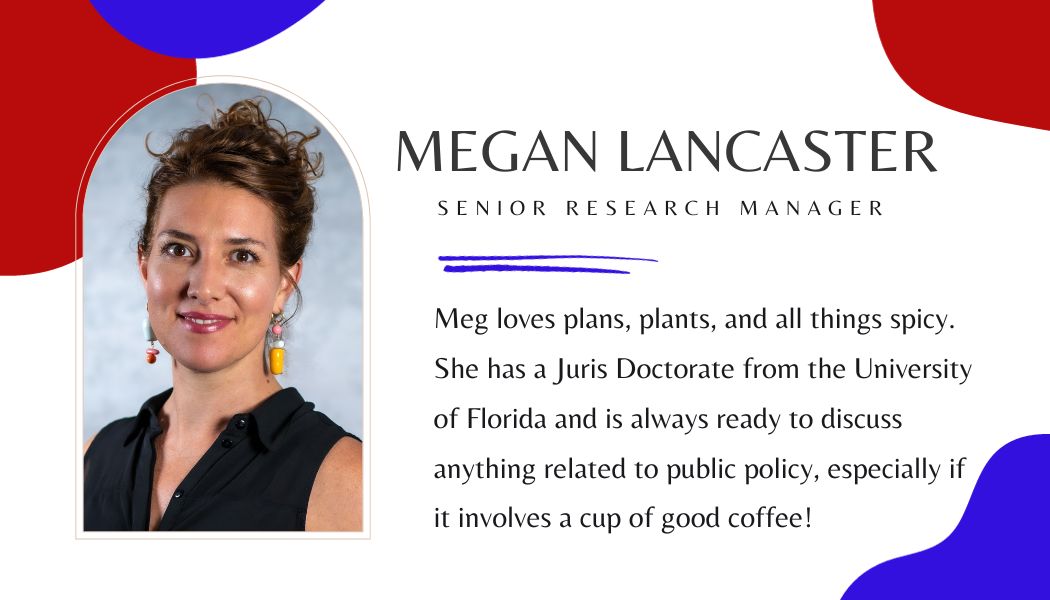
Procurement in the Digital Age: Revising the Model Procurement Code
January 8, 2024 | by Megan Lancaster
Ever wonder why state procurement laws, regulations, and procedures often have similar language or terminology? Where does it all come from? Who is plagiarizing who?
The similar language isn’t just a coincidence—officials have likely looked to the American Bar Association’s Model Procurement Code (MPC).
The MPC is a comprehensive code that seeks to “create transparent, competitive, and reliable processes” for public procurement.[1] Often, it is seen as a starting point for developing state and local procurement laws, and adoption of the MPC among states ranges from full to partial to nothing at all.
However, the MPC was last updated in 2000—that is 1 year before the iPod and 4 years before Facebook! As procurement professionals know more than anyone, procurement has changed a great deal in the past 20-plus years, making an update to the MPC a necessity.
The American Bar Association (ABA), (the NASPO for attorneys)[2] is leading the revision efforts, and NASPO is sponsoring these efforts as a means to support procurement professionals further and ensure professional expertise is incorporated into the new MPC. I spoke with Megan Smyth, NASPO’s Director of Legal Education, to better understand why the revision project is important and how procurement professionals, like yourself, can get involved.
Interview with Megan Smyth, Director of Legal Education:
Meg L: Why is now the right time to revise the MPC?
Megan S: The MPC was last revised in 2000, and at that time, it wasn’t that crucial to include specific guidance on the procurement of information technology. In the last 23 years, we’ve seen the development of high-quality and powerful smartphones, flash drives, search engines, smart infrastructure, electric cars, Bluetooth, and a hundred other technologies develop right along with our dependence on them. It makes sense to take a moment to review the content in the current MPC for opportunities to include guidance on the complex and often confusing world of information technology acquisition.
NASPO sees an updated MPC as something the profession needs at this crucial juncture for procurement to bring us together around a common language and best practices for state and local procurement. We just experienced some of the biggest disruptions in the supply chain we may see in our lifetimes – it has created an opportunity for reflection and improvement. Supply chain management and public procurement have never been more important to the stability of the economy, and NASPO wants to ensure that our states have the guidance they need to promote procurement laws and codes that make sense and provide the best value to the citizens of the states.
Meg L: Why should practitioners care about the revision project?
Megan S: Starting with the MPC when considering revisions or additions to a state or locality’s procurement code is like reading the instruction book before you start putting something together – you get the big picture first, and then you can decide what makes sense for the situation you are in and the circumstances you’re dealing with.
We are going to assemble the best procurement experts, lawyers, and practitioners to work on this project and lead the Article Committees. Why not consult the experts before you dive in on a project such as revising a procurement code? If the legislators in your state or city propose updates to the current code or statute, you will be able to share the MPC with them as a resource that has been reviewed by actual practitioners and the attorneys who support their work.
Meg L: What are the next steps for the project?
This isn’t a sprint, it’s a marathon. The MPC shouldn’t go another 23 years without a revision. We are planning to create Article Committees and revise the MPC article by article until we have the whole code completed… then we will start over again! It should be a continuing updating process, ensuring that we keep the MPC relevant and useful to everyone.
Get Involved!
Now, as the passionate procurement professional you are, I’m sure you’re asking yourself how you can get involved with the revisions. You can:
- Join an Article Committee
- Provide feedback as to why your state chose not to (or partially) adopt the MPC
- Provide anecdotal evidence as to what articles work well or need a major revision
For any of these opportunities to participate, please reach out to Megan Smyth at msmyth@naspo.org.
Remember, the goal of the project isn’t to create a plug-and-play code; the goal is to create a template with commentary that shares the diversity of thought throughout the states, and the ABA needs your input for that!
What to learn a little more about the MPC and revision efforts?
- A Personal History of the Model Procurement Code
- GW Law Series: Reforming the Model Procurement Code
- Public Procurement International: MPC
[1] MODEL PROCUREMENT CODE FOR STATE & LOCAL GOV’T (AM. BAR ASS’N 2000).
[2] Megan Smyth’s wonderful way to explain the ABA to procurement professionals.

